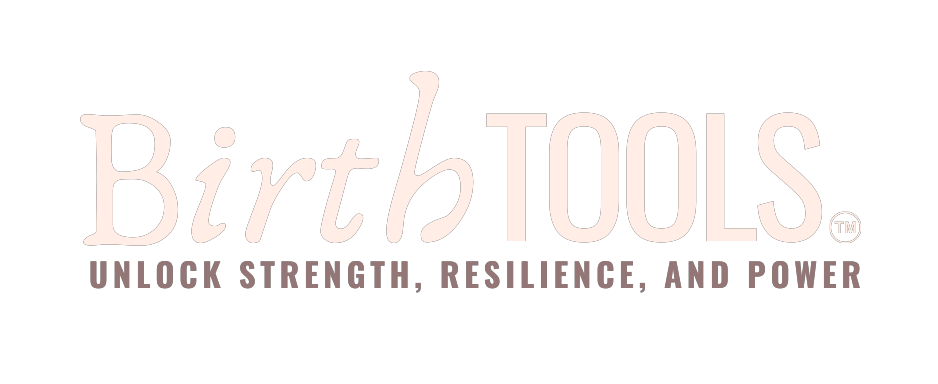I know us mama’s need the short version, so I'm quickly going to explain the role of your pelvic floor during birth.
When your in labour your pelvic floor needs to lengthen and stretch to allow your baby
through. It’s essentially a little hammock in the lower part of your pelvis and
keeps everything in it’s place (including your baby). During pregnancy it is
carrying a lot of extra weight and then if you labour it begins to lengthen to
prepare for your baby’s passage and when you've had your vaginal birth or at
least pushed for a while, then it’s going to be stretched to it’s maximum to allow
your baby earthside.
In the
weeks and months after birth it slowly regains it’s strength and tries to
return to it original position. Most likely, your pelvic floor is not going to be exactly the
same pre-pregnancy, but most women don’t experience a serious change to their everyday
life. For those that do, there is a lot that can come with it. It can be less
serious, like the need to manage how you sneeze and engage your muscles to
prevent wee leaking. For other’s it’s living in a state of constant worry that
you won’t make it to the toilet and having very limited to no control.
When women are on the latter side of this spectrum it's easy to imagine what it would be
like to find out your pregnant and worry about whether a vaginal birth is going
to make your life after birth even harder? That being said, you might still desire one.
I’ll start
by saying that as a doula, I work with many women who have very different
births, postpartum bodies and experiences. I also am constantly liasing and
recommending different professionals to help the women I serve. This is why
everything I say should certainly be clarified with a women’s health physio to
assess your personal circumstances as this blog post information is general in
nature.
So
back to the original question. Will a vaginal birth make my prolapse worse? The answer lies in the contrast with your alternate birth option: Caesarean Section
Empty space, drag to resize
There is some misinformation out there that when you have a caesarean section your pelvic floor is left unhindered. This is a myth.
Empty space, drag to resize
Your pelvic floor relies on your abdominal muscle activation for part of its function. So,
if you have one weakness where your pelvic floor holds your bowel and bladder,
then by adding another weakness you are actually making it harder to heal.
On
the other hand, although your pelvic floor will need to lengthen and open
(resulting in weakness) after a vaginal birth, it will probably not be worse
because you will still naturally regain your strength again as the weeks go on.
Furthermore, you would most likely be more open to starting your strengthening exercises,
avoiding specific activity you may not have known to last time around and may
have already engaged a women’s heath physio. Go you!
Empty space, drag to resize
I know it’s probably a shock that compared to a caesarean birth, a vaginal one might be the better option. Another shock may be that your doctor could possibly disagree.
Empty space, drag to resize
This is because there is no real education on the pelvic floor and how it works when it comes to obstetrics. They don't diagnose pelvic floor trauma and you are not routinely checked for any weakness at your 6 week postnatal review. Not to mention that most of these OB’s are men who have not needed to deal personally with this serious issue that can cause a mother serious trauma.
Whether you want to opt for a vaginal birth or even if you are going to book in your elective caesarean, I would
implore you to take a few steps.
1. Get in touch with a women’s health physio (if
you haven’t already)
2. Read my blog post on five ways you can improve your
strength now for a stronger and more confident you (with prolapse).
3. Start BirthTools™ so you can begin planning your positive birth and utilise all our videos and resources on recovering in the postpartum and returning to exercise.
Empty space, drag to resize
Every
BirthTools™ course comes with multiple videos to help you after birth. Here's a sneak peek...

